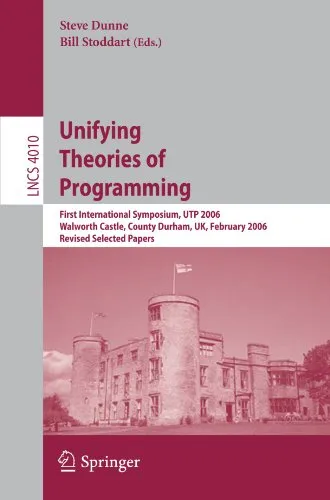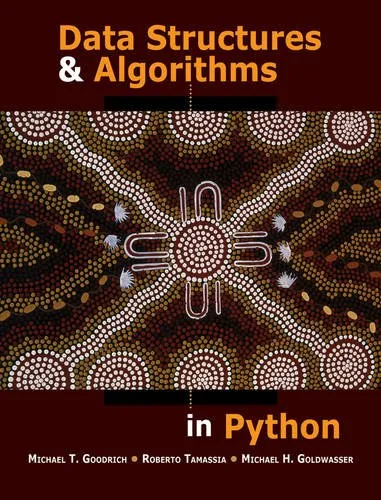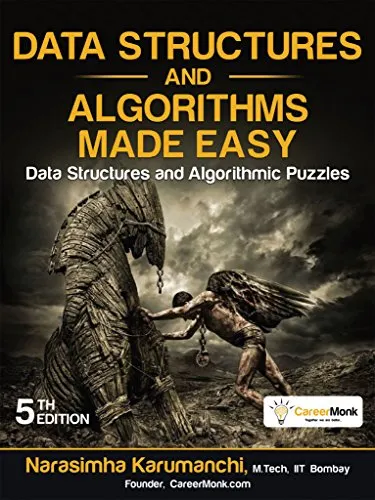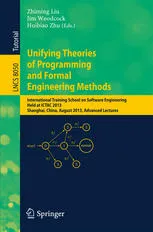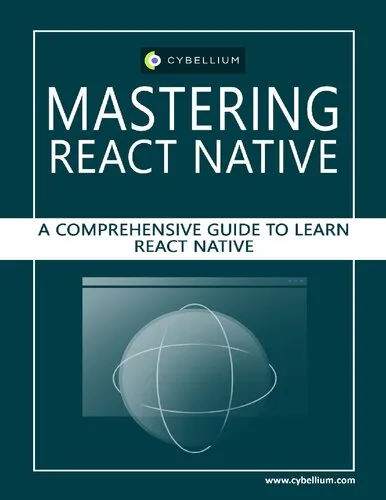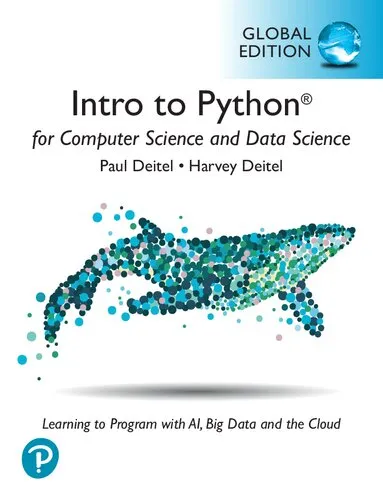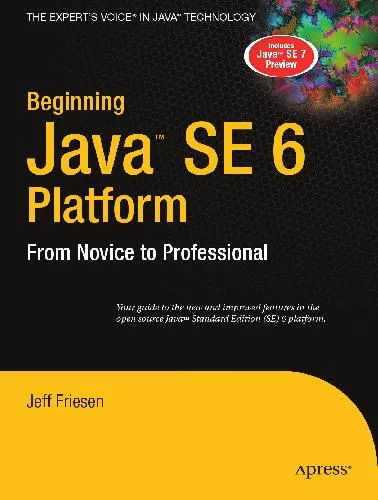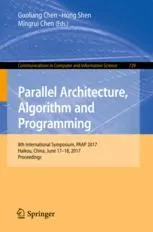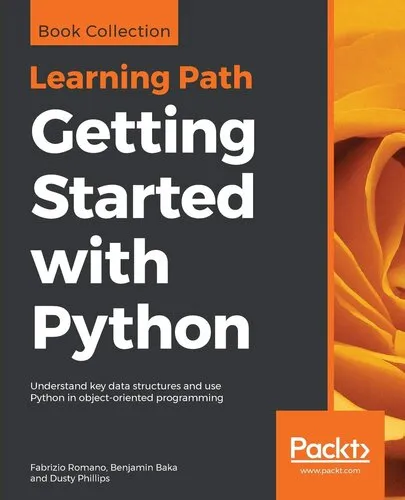Unifying Theories of Programming: First International Symposium, UTP 2006, Walworth Castle, County Durham, UK, February 5-7, 2006, Revised Selected Papers
4.4
Reviews from our users

You Can Ask your questions from this book's AI after Login
Each download or ask from book AI costs 2 points. To earn more free points, please visit the Points Guide Page and complete some valuable actions.Related Refrences:
Welcome to the insightful journey through the book Unifying Theories of Programming. This edition consolidates the conversations, findings, and discussions of the First International Symposium on Unifying Theories of Programming (UTP 2006) held at Walworth Castle, County Durham, UK, from February 5-7, 2006. This collection of revised selected papers is a testament to the growing need for a synthesis of programming theories, fostering advancements in the field of computer science by providing a platform for both established and emerging topics to coalesce and evolve.
Summary of the Book
At the core of Unifying Theories of Programming lies the intellectual pursuit to blend diverse programming paradigms into a cohesive framework that transcends traditional boundaries. The book captures the essence of UTP 2006, featuring a wide array of contributions that delve into various dimensions of programming theories. It is an exceptional compendium that includes invited and peer-reviewed papers, expertly crafted to stimulate thought and innovation. The symposium addressed pivotal themes including program semantics, formal methods, program verification, refinement calculus, and reactive systems, among others.
The editors, Steve Dunne and Bill Stoddart, have orchestrated a flawless collection that represents the forefront of theoretical computing research. From mathematical formalisms to intricate algorithms, each paper presents a unique perspective, pushing the envelope of what is conceivable within unified programming theories. This book is indispensable for researchers, theorists, and practitioners who are vested in the development and application of rigorous, formal approaches in programming language design and analysis.
Key Takeaways
- The book emphasizes the importance of integrating different programming paradigms to promote a holistic understanding and application of computing theories.
- It illustrates the potential of formal methods in enhancing software correctness and reliability.
- The discussions and explorations in the book are crucial for advancing formal verification techniques and refining extant programming models.
- It serves as an excellent reference point for scholars interested in the formalization and proof-based approaches to software engineering.
Famous Quotes from the Book
"Unification is not merely a convergence of ideas; it is the emergence of new perspectives that redefine what we know about programming."
"The growth of programming languages is akin to the evolution of languages themselves, complex and inherently intertwined with culture, but ultimately seeking simplicity in expression and understanding."
Why This Book Matters
This book is a distinguished contribution to the academic and professional field of programming and theoretical computer science, offering a structured discourse that is both comprehensive and pioneering. It matters because it addresses the fragmentation of programming languages and paradigms by advocating for a unified theory that promises to simplify and improve the robustness and efficiency of software development.
The ideas presented are not just theoretical expositions but have significant practical implications. They serve as a foundation for improving programming language design, software verification, and system development methodologies. In an era where software systems are becoming increasingly complex, this unification effort is crucial for fostering systems that are not only advanced but are also secure, reliable, and maintainable.
Free Direct Download
You Can Download this book after Login
Accessing books through legal platforms and public libraries not only supports the rights of authors and publishers but also contributes to the sustainability of reading culture. Before downloading, please take a moment to consider these options.
Find this book on other platforms:
WorldCat helps you find books in libraries worldwide.
See ratings, reviews, and discussions on Goodreads.
Find and buy rare or used books on AbeBooks.
1174
بازدید4.4
امتیاز0
نظر98%
رضایتReviews:
4.4
Based on 0 users review
Questions & Answers
Ask questions about this book or help others by answering
No questions yet. Be the first to ask!
